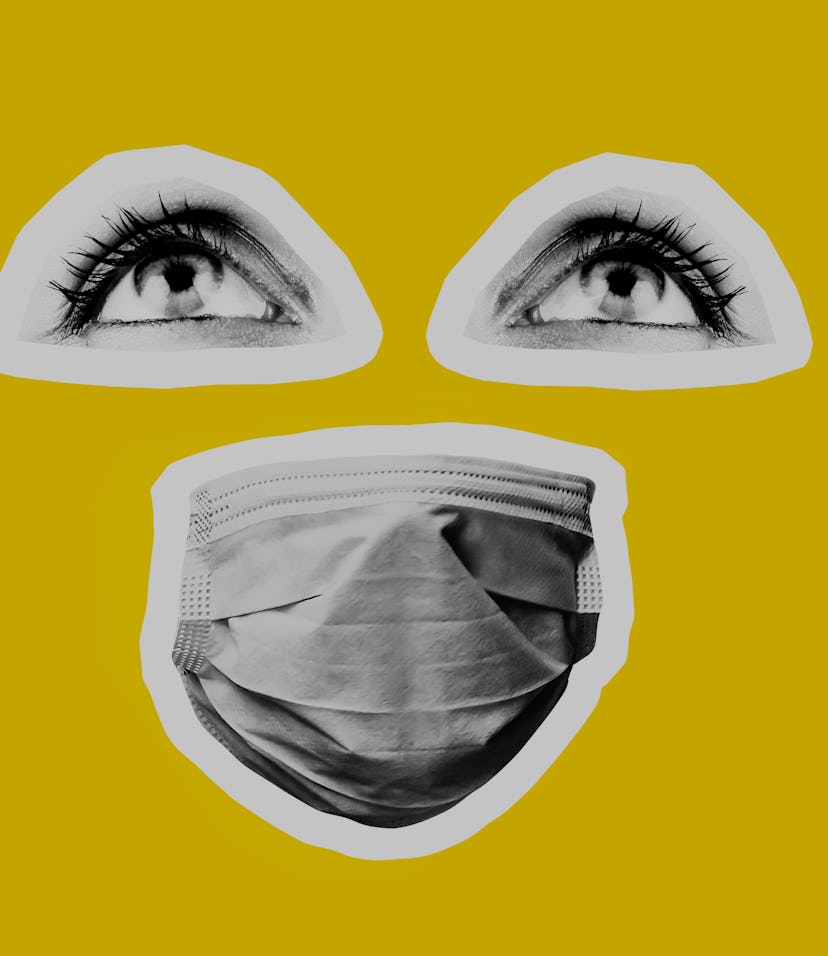Culture
Face masks are still thwarting facial recognition systems even as algorithms adapt
Who would've thought these humble masks could outsmart technology?

In addition to limiting the spread of germs through coughing, face masks have become an unlikely protagonist against facial recognition algorithms and the general menace of surveillance. These masks — whether they arrive in their chic forms or just bought off the pharmacy counter — have outsmarted some of the most commonly used facial recognition algorithms.
When masks cover the lower portion of your face, mainly from your nose down to your chin, the error rate for these algorithms shoots up from between 5 percent to 50 percent, a study recently showed. In the newest study on this issue, researchers have found that the error rates caused by face masks in some cases ranged between 2 percent to 66 percent — for algorithms supposedly designed to tackle the anonymity and obscurity provided by face masks.
The United States National Institute of Standards and Technology studied 41 facial recognition algorithms that debuted right after COVID-19 took off, going back to mid-March. The idea was that the technology could apparently assess a face mask on an individual's face and still be able to recognize them. That entire premise has clearly flopped, and privacy advocates couldn't be happier.
Think beyond unlocking your phone — Despite vocalized concerns about privacy and the errors that arise with facial recognition-based surveillance — particularly when it comes to spotting people of color and women — facial recognition startups continue to experiment with the technology. The issues became even more glaringly obvious as Black Lives Matter protests ramped up this summer and it was reported that facial recognition startups, as well as tech giants like Microsoft and Amazon, were in contact with various police departments throughout the country.
With face masks now being a necessary public health measure, many of these new algorithms have exhibited considerable difficulty in doing their one job: recognizing people. And since public health experts have suggested that people should practice wearing face masks for years to come, startups have started working on improving their game.
A 2 percent error rate indicates that it isn't entirely impossible to conduct facial recognition around masks. With databases of millions of publicly available photos, these algorithms can be trained over time to accurately surveil.
An endless battle — Face masks aren't alone in outsmarting these algorithms. Some researchers are trying out artificial intelligence privacy tools, like one which makes almost invisible changes to your face. In doing so, it's able to throw off facial recognition systems belonging to Amazon, Drug Enforcement Administration, and Face++. So, you can expect the war between those who want a modicum of privacy and their ideological opponents to go on.